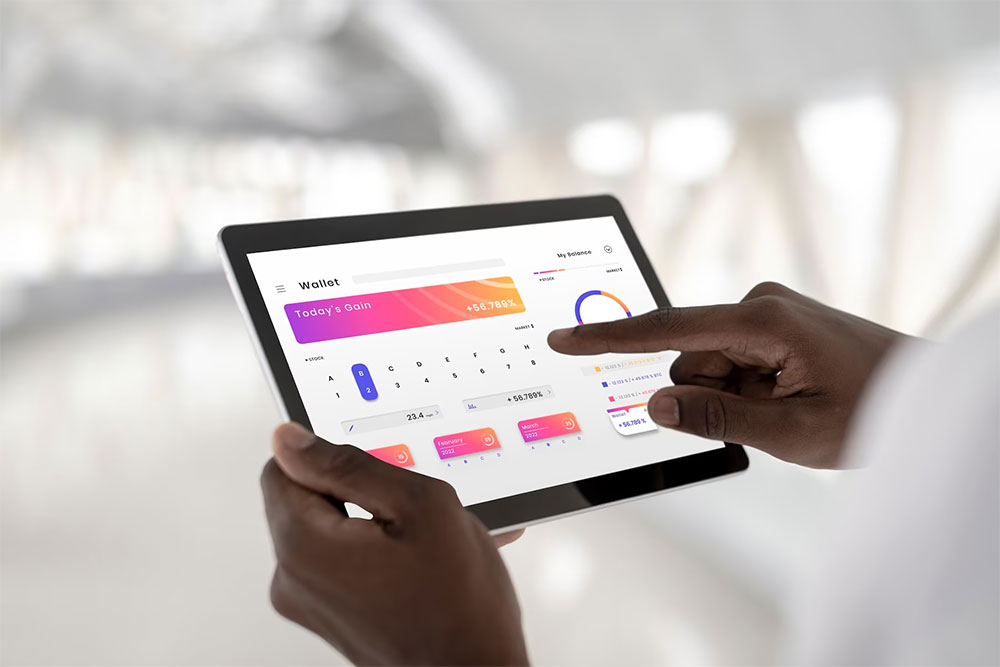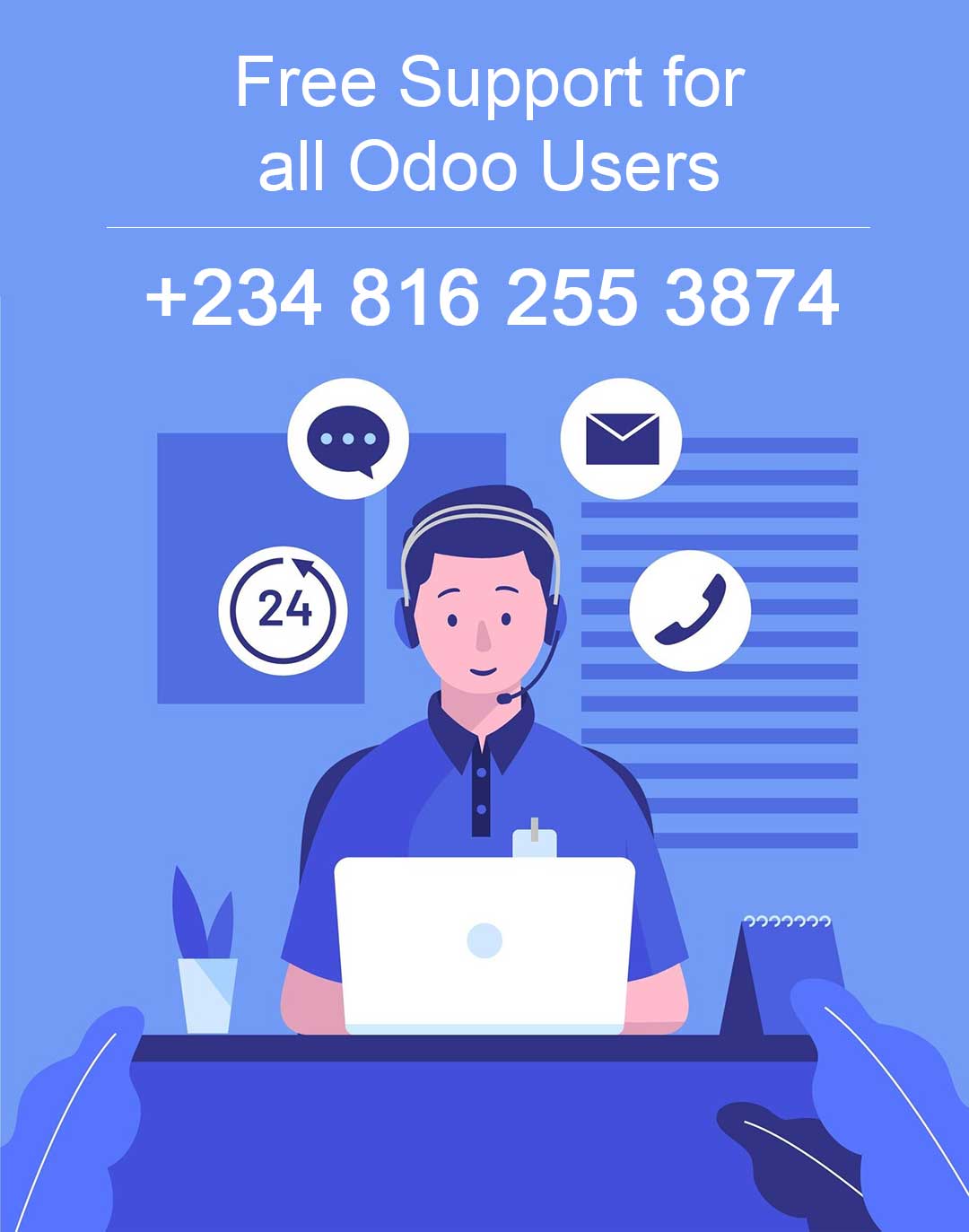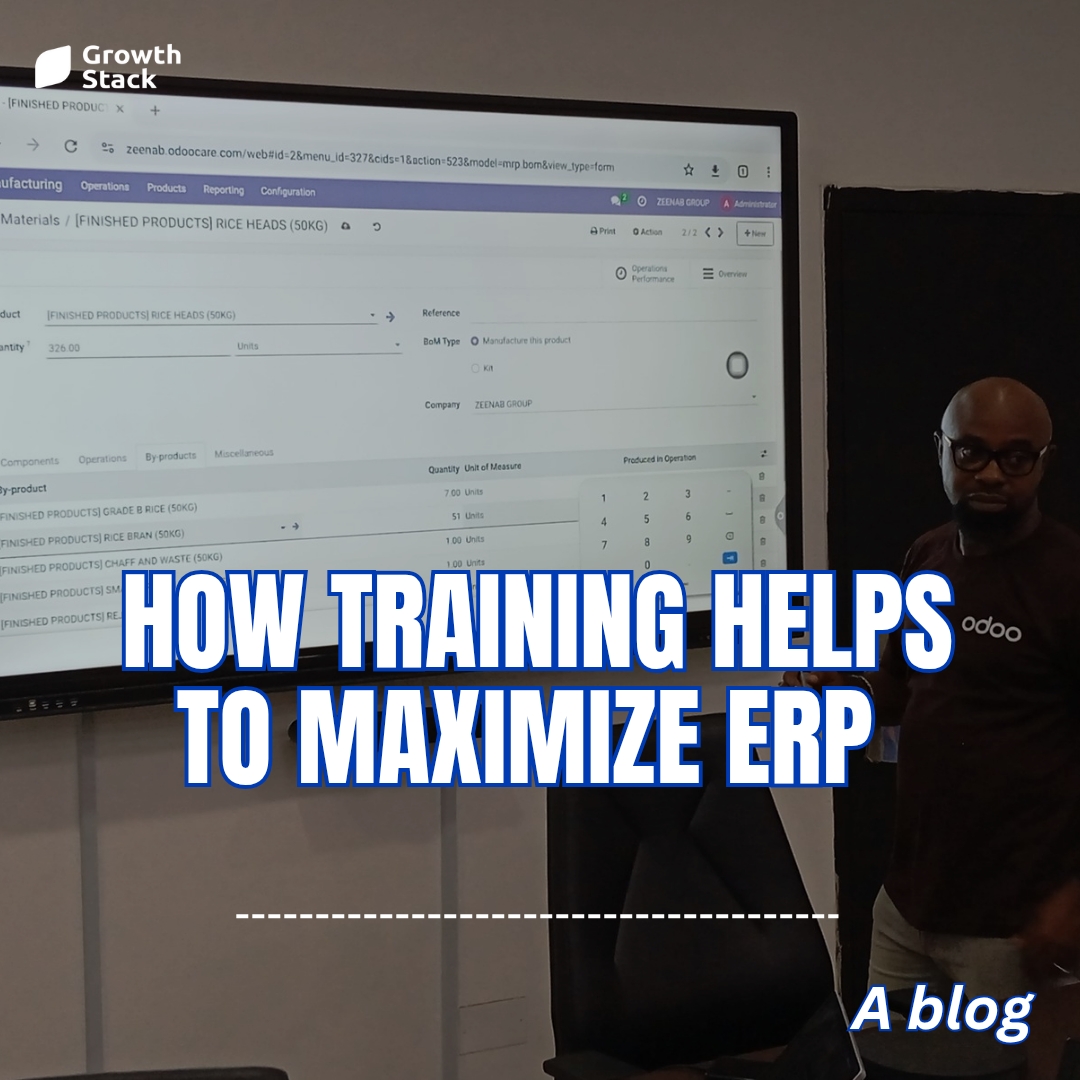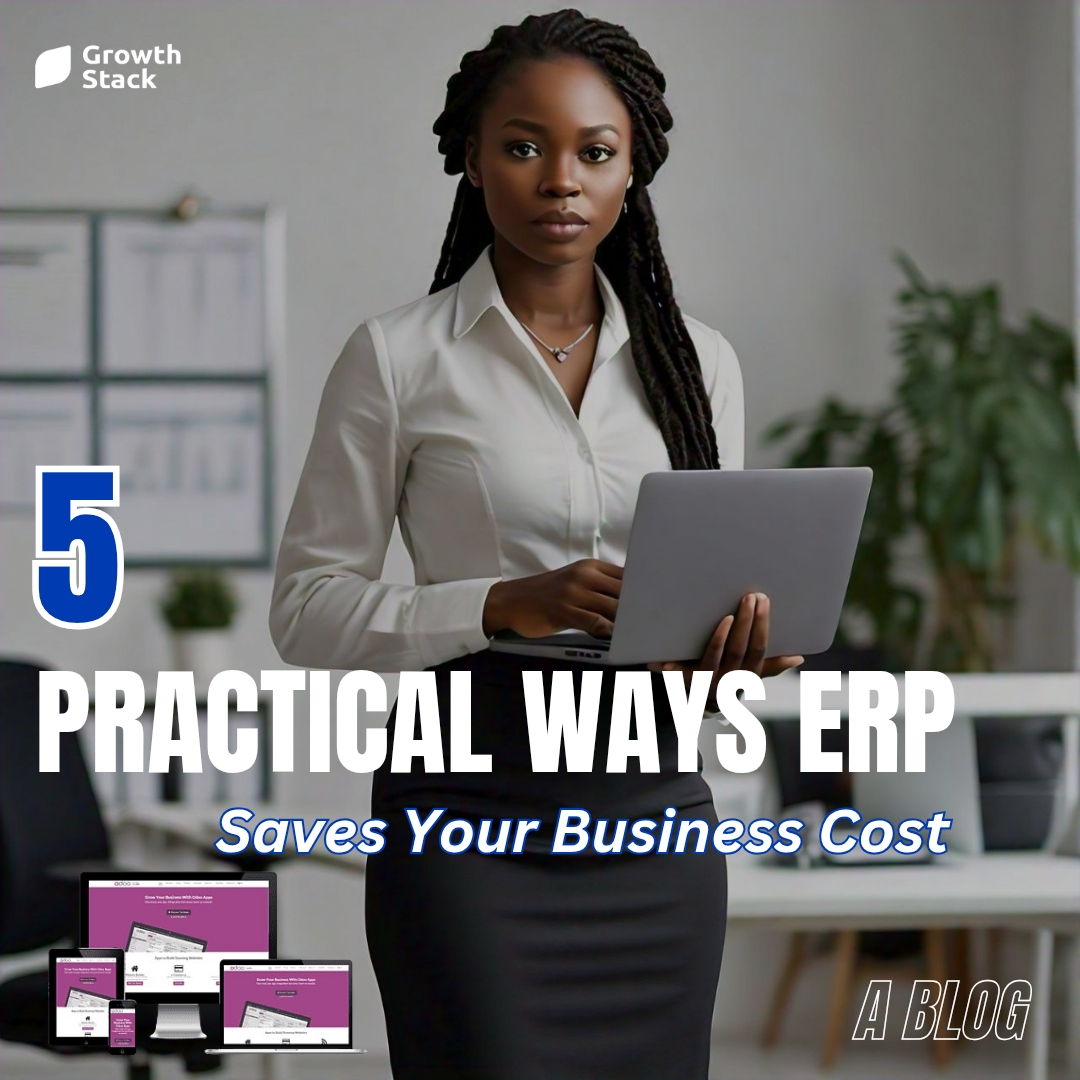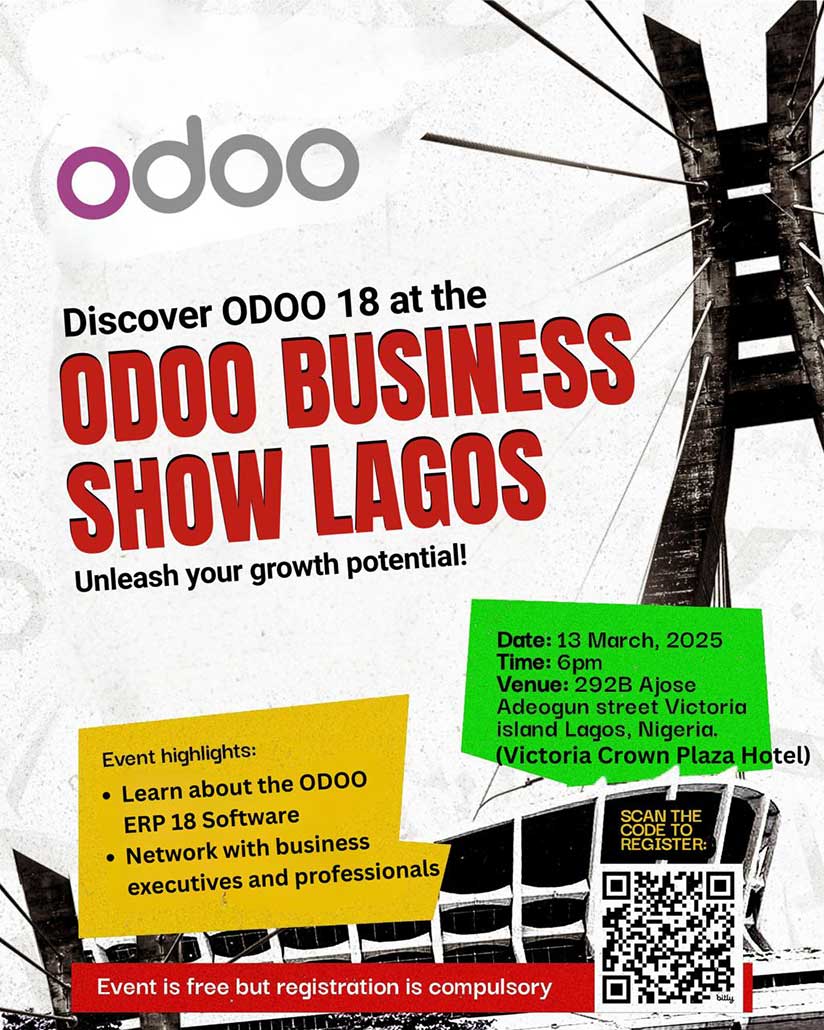WHAT IS ERP FINANCE, EXACTLY?
An integrated solution for managing a company’s material, human, financial, and logistical resources is called an ERP (Enterprise Resource Planning). Any business, regardless of size (small, medium, or large), that wants to increase the effectiveness of its operations and cut expenses, can use it. ERP software must be customized for each business as a financial and accounting solution.
As you examine the finance module within an ERP, you will notice that it is integrated in a way that connects all of a company’s operational functions with its financial data, including purchasing, sales, inventory, invoicing, payment, and purchasing (cash management, balance sheet, etc.). An essential element in a company’s development is managing its money. By simplifying all the procedures involved in financial management, ERP finance management software aids businesses in managing their finances more effectively.
ACCOUNTING MODULE FOR ERP
The development, evolution, and expansion of your business depend heavily on the integration of your ERP system and your financial management. An ERP may help all businesses, regardless of their size or industry, with their financial management. The company’s finance department, including, for example, accountants, will use the software. The financial modules of your ERP solution will be where your financial department will perform the bulk of its unique work.
Nonetheless, all business-wide actions will eventually find their way into your accounting module. Your ERP’s finance module will get information from your supply chain management team, sales transactions from the sales team, budget requests for marketing, requests from your procurement team’s purchasing system, and more. As you might guess, this will naturally help you save time while streamlining cash flows throughout your many corporate processes.
WHY CHOOSE AN ERP RATHER THAN A DEDICATED ACCOUNTING SOLUTION?
For small firms, a dedicated accounting software system may be an appealing option.
The distinctions between an ERP solution and a specialized accounting solution may be something you’ve wondered about. Here are some crucial considerations:
Does your stand-alone accounting program fulfill your requirements? Of course, all of the fundamental accounting operations can be managed by a standalone accounting system. A general ledger, chart of accounts, invoicing, account reconciliation, accounts payable, accounts receivable, and financial reporting are among the components that are commonly included in this.
While most businesses find this to be sufficient, it is possible for a business to exceed these capabilities and require features that go beyond those of simple accounting software. ERP solutions may perform better when it comes to robust reporting, integration with the rest of your firm, and complications like tax administration.
ERP for enterprise resource planning
ERP software picks up where accounting software leaves off since it is made up of numerous integrated built-in programs that handle different business operations. As a result, ERP now has far more capabilities for an integrated whole system.
Financial management stand-alone software solutions can link to other third-party systems, although doing so may require additional licensing and ongoing maintenance of the interfaces.
This data is already compiled in an ERP for convenience of access. Also, as more system users have access to data, all corporate data can be used to guide choices. The data from the entire company can be accessed from anywhere and at any time if your ERP is a cloud-based ERP.
Companies who employ customer relationship management systems may be disappointed to learn that ERP solutions already include CRM as an integrated module, in contrast to stand-alone software, which often does not have connected CRM software.
Small to medium-sized firms have traditionally relied on stand-alone financial management software, but when those companies expand and scale, an ERP system can become a more practical choice.
